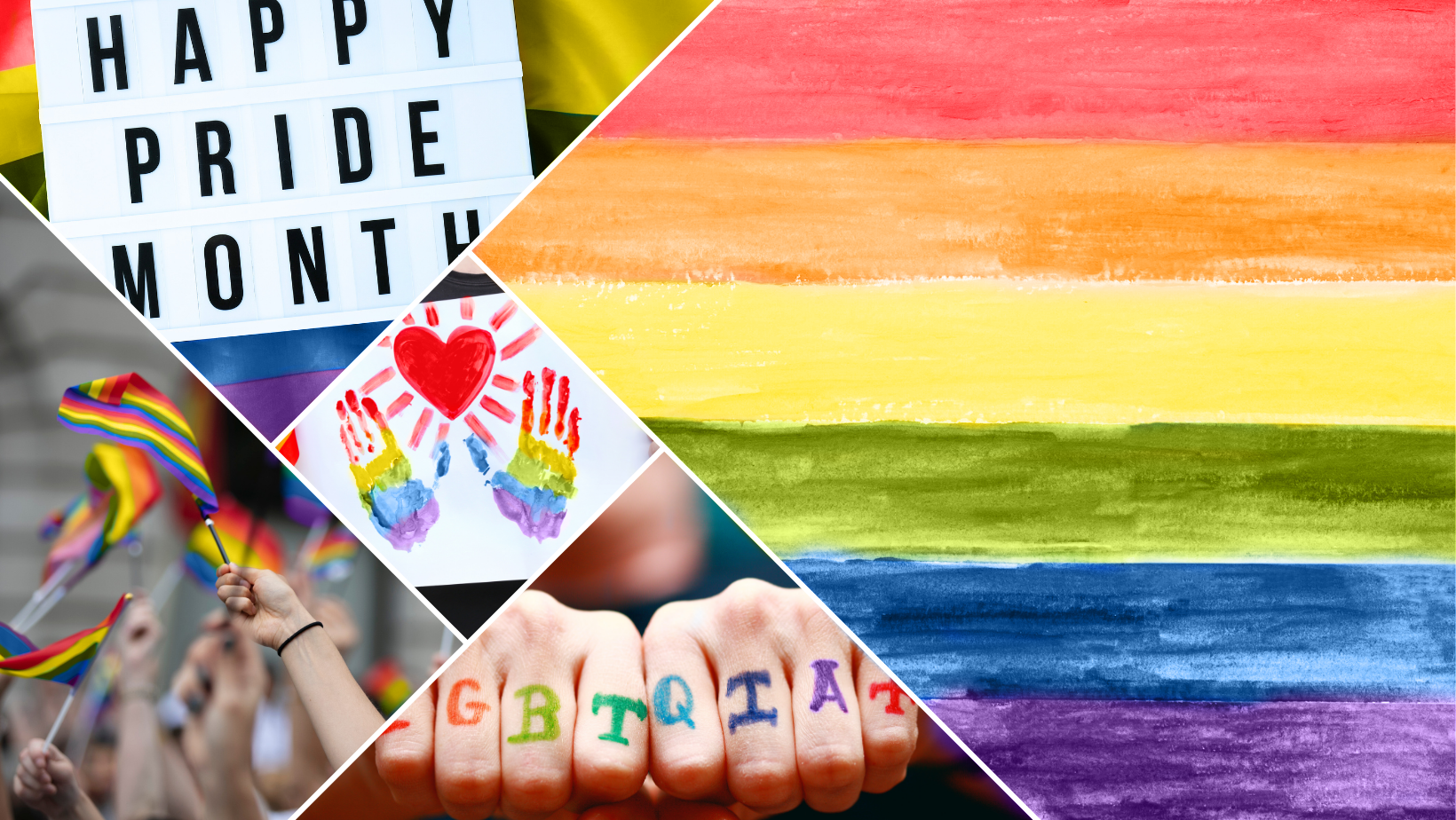Felton Institute’s Training, Research, and Evaluation (TRE) Division provides innovative and groundbreaking trainings for service providers. TRE’s trainings reflect cutting edge evidence-based best practices within a culturally competent and behavioral health framework. TRE’s team is comprised of experienced real-world practitioners and educators, who have developed and piloted a unique curriculum that reflects the values of social justice, integrated treatment, multidisciplinary teams, and client-directed care. Included among the multifaceted behavioral health trainings is an array of topics elevating LGBTQIA+ issues that address mental health and the unique experiences of older adults, immigrants, and youth, in addition to other demographics.

What Does LGBTQIA+ Stand For?
‘LGBTQIA+’ stands for lesbian, gay, bisexual, transgender (trans), queer (or questioning), intersex, asexual, and others. The plus (+) aims to include all identities, recognizing that some people do not identify as LGBT but do not fit into traditional categories of gender or sexuality.
Why are LGBTQIA+ Trainings Important for Service Providers?
The isolation, stigma, and trauma faced by LGBTQIA+ communities place them at higher risk for mental health condition challenges, substance abuse, and psychiatric disorders such as depression. In addition, LGBTQIA+ communities experience unique barriers and challenges that include discomfort disclosing one’s sexual identity and the heterosexist and cis-genderism assumptions during intake and health care encounters. Clients need to share their sexual history with health providers and feel comfortable answering and asking questions to have their needs assessed and met. TRE’s trainings provide information, guidance, and support in addressing these issues.
The LGBTQIA+ community is not a monolithic group and TRE trainings reflect this reality. LGBTQIA+ individuals range in age, gender, race and ethnicity, sexual orientation, and more. TRE’s trainings include a wide range of courses that cover gender identity, mental health, older adult populations, and immigrants, among other topics.
TRE’s Training Highlights Include:
-
Working with LGBTQIA+ Clients: Gender Identity & Sexual Orientation Issues in Mental Health
This training outlines the developmental and clinical issues within the LGBTQIA+ community and discusses gender identity and sexual orientation, the impact of adverse societal reactions, including transphobia and homophobia and the effect on the self-esteem of LGBTQIA+ clients. Developing an empathetic and effective clinical approach in working with LGBTQIA+ clients, the course identifies salient issues related to the psychological and physiological impacts on transgender youth and the transitional process.
-
Behavioral Management of Alzheimer’s and Other Dementias
This course covers the developmental issues and the impact on the mental health of LGBTQIA+ seniors, the reluctancy in self-identification, and services related to the life experience of LGBTQIA+ seniors and coming out later in life. In addition, the course also covers the impact of HIV/AIDS on the psyche of LGBTQIA+ seniors as well as the chemical abuse of LGBTQIA+ seniors in alleviating depression and survivor’s guilt.
-
Working with Immigrants and Their Families: Psycho-Social and Therapeutic
This training focuses on LGBTQIA+ immigrants escaping persecution and discrimination in their home country, and how migration impacts homosexual and gender identity issues. Also covered are the unique barriers HIV-positive people who are asylum seekers face, and understanding the implications of immigrating from a country that discriminates against the LGBTQIA+ community and how to help them integrate into the US.
For more information about Felton’s Behavioral Health Training Workshops, email Felton Training Coordinator Dr. Schon Wade at swade@felton.org or view their upcoming trainings and register online.
Felton Institute responds to the needs of our community by providing innovative, evidence-informed social services to transform lives. Our organization offers 50+ programs that address mental health, the unhoused, early care and education, those impacted by the justice system, transitional age youth, as well as aging adults. Our award-winning programs, which have been recognized as national models, combine the latest scientific research with cultural sensitivity and a deep commitment to supporting and reflecting the communities we serve.
Founded in 1889, Felton is the oldest secular non-profit social services provider in the City and County of San Francisco. We have expanded our services across most Bay Area counties and continue to be at the forefront of pioneering new approaches to meet the emerging needs of underserved populations.
We know what it looks like to successfully build community.
We foster impactful change by strengthening the community as a premiere service provider. We also strengthen other service providers by supporting them in their fiscal, human resources, communications, IT and overall agency operations. With Felton’s support, they are able to focus on providing the best services to their clients, doing the work they were meant to do.
Felton empowers the community and ensures successful outcomes to all we engage with.
Felton Institute is a tax-exempt organization registered 501(c)(3) nonprofit under EIN 94-1156530.